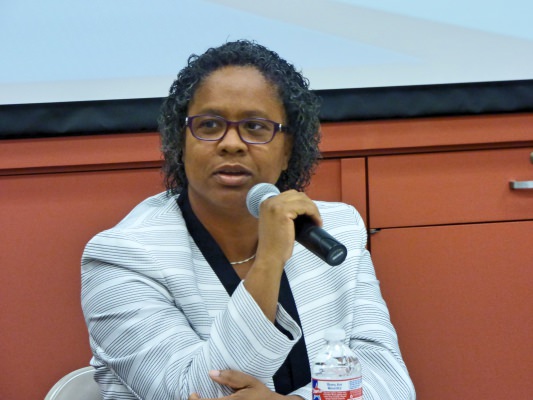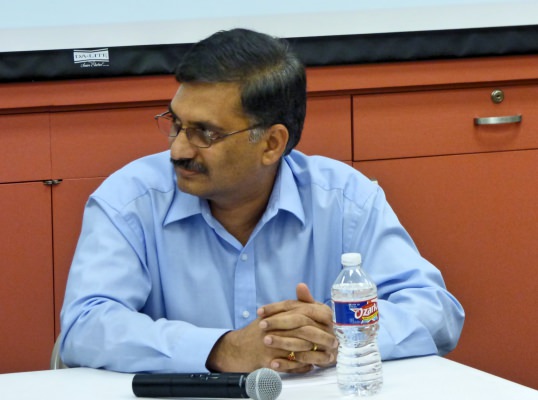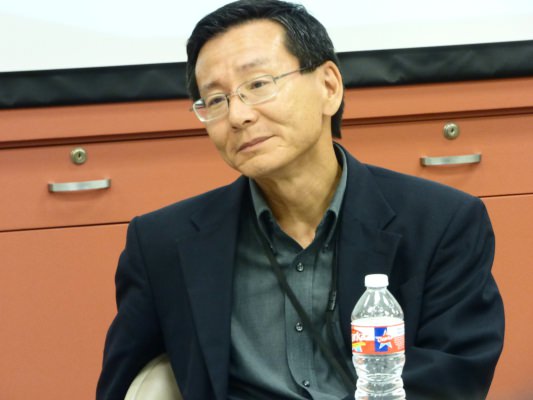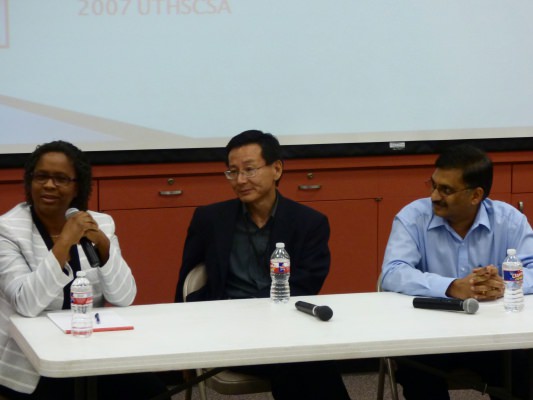Is Plagiarism A Problem in Science?
“Plagiarism is an act of frauda¦it
involves both stealing someone else’s work and lying about it afterward,” said
Dr. Linda McManus, director of the Office of Postdoctoral Affairs at the
November
Spotlight on Research Integrity workshop.
Dr. McManus
explained that the Internet has exacerbated the problem.
“Cut and
paste is just too easy,” Dr. McManus said. “Dishonest behavior typically exists
before arriving at an institution such as ours.”
1) Is plagiarism really a problem here?

Dr. Nicquet Blake, assistant dean of the
Graduate School of Biomedical Sciences said in eight years, she has only seen
three cases of plagiarism.
“The most
egregious case of plagiarism was a few years ago when a master’s student copied
a thesis from the library and tried to pass it as their own,” she said. “To say
the least, they did not get a degree here and we made sure that this will
follow them their entire life.”
2) What if it was unintentional?

Professor
Dr. Ratna Vadlamudi explained that sometimes plagiarism is unintentional.
“We don’t
always do it purposely, sometimes it’s just carelessness,” he said.
Even if
plagiarism is done through carelessness, Dr. Blake explained that there are
still consequences.
“There are
different levels, we use a process where intent is matched with the crime,
obviously someone who lifted an entire paper is different than someone who
misattributed quotes,” Dr. Blake said. “Regardless, it’s still added to your
academic record.”
3) What if you just don’t know better?
Dr. Blake mentioned that
international students often say that they were never taught about plagiarism.
“Ignorance
of the law is not an excuse,” Dr. Blake said. “The graduate school has added a
plagiarism workshop during International Student Orientation to educate
trainees.”
4) So what about self-plagiarism?

“In terms of
plagiarism, it seems clear but self-plagiarism is a bit of a grey zone,” Professor
Dr. Rong Li said. “My advice to students is to cite your work or to explain it
in a different way.”
An audience member brought up that in
most cases, the journals and book publishers own your work.
“If you want
to use it, you need to contact the publisher because it’s not your work
anymore,” Dr. McManus responded.
5) What if you were at a conference and
a presenter presents an idea that’s interesting and I adapt it for my own work?
“If you are
in the field long enough, you really owe people credit so even if you could
write it in 1
st person, the reviewers will also know so you don’t
really gain anything from it,” Dr. Li said. “When you gather ideas from someone
else and further it, it shows respect for that person.”
6) What if my mentor and I have the same
resume?

Dr. McManus
explained that there have been cases of students that had F-grants that looked
too similar to their mentors.
“It doesn’t
look good for you to plagiarize at this stage, even if you have a similar path
as your mentor, you should be able to stand out as a scientist on your own,”
Dr. McManus said.
Next Steps
“Prevention just like cancer prevention is the
key thing that mentors should keep in mind,” Dr. Li said. “If we can stop it
before it happens then that’s the best method.”
Dr. McManus
also believes that there needs to be more conversations about plagiarism.
“Plagiarism
isn’t going away,” she said. “We encourage trainees to have this conversation
with others and your mentor.”
